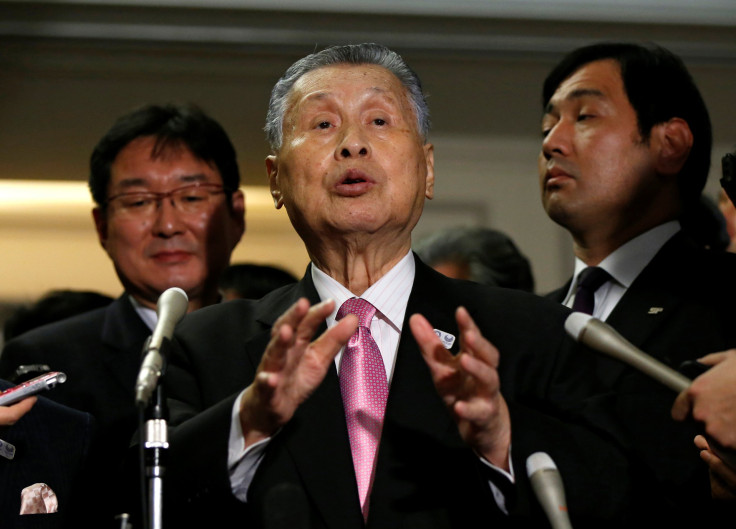Tokyo 2020 Olympics: Estimated Cost Skyrockets To $17.7 Billion Amid Security, Transportation Spending

The cost of the 2020 Tokyo Olympics just keeps rising. Hosting the games could now come with a price tag as high as 2 trillion yen, or about $17.7 billion, the Japan Times reported Tuesday. That's about 2.5 times the original cost projection from the city in 2013, when Tokyo won the right to host the games.
The new $17.7 billion figure is apparently the absolute highest the price tag will go, although mega-events like the Olympics have a habit of giving way to ballooning costs. However, that sum does take into account the bill for hosting both the Olympic and Paralympic Games.
Tokyo's Olympic committee argued it was unfair to compare the 2013 estimate to the most recent figure, because the original number didn't include security and transportation costs typically covered by local and central governments. The initial estimate also didn't take consider some of the Olympics-related construction projects the government is set to take on to get ready for the competition.
In general, government spending on the Olympics often proves a burden to taxpayers, who regularly shoulder the costs associated with a country hosting the international sporting event. There hasn't been an under-budget Olympics since 1960, according to a recent study from the Saïd Business School at the University of Oxford.
The study found, for instance, that the 2016 Rio Olympics had a relatively small cost overrun of $1.6 billion. But the country still had to shoulder about one-quarter of the games' total $12 billion price tag during a dire economic time, given the country's devastating recession.
That was a relatively cheap Olympics, however, with the 2014 Sochi Games in Russia and the 2008 Beijing Games in China costing tens of billions of dollars.
While government officials often try to tout the economic benefits of hosting the Olympics or other international major sporting events, economists largely agree that they're vanity projects. There are reasons to host the games — like attempting to improve a country's international reputation or to build goodwill among citizens — but stimulating the economy isn't one of them. Olympic officials have even begun to attempt to bring down hosting costs.
Tokyo, meanwhile, is reportedly hoping the budget estimate will not rise again.
Toshiro Muto, head of the 2020 Tokyo Olympic committee, disclosed the latest figure during a meeting with International Olympic Committee and government officials. Muto claimed that the 2 trillion yen figure was a ceiling and the final cost will come in under that figure, according the Japan Times.
"We are continuing to scrutinize the budget," he said.
© Copyright IBTimes 2025. All rights reserved.






















